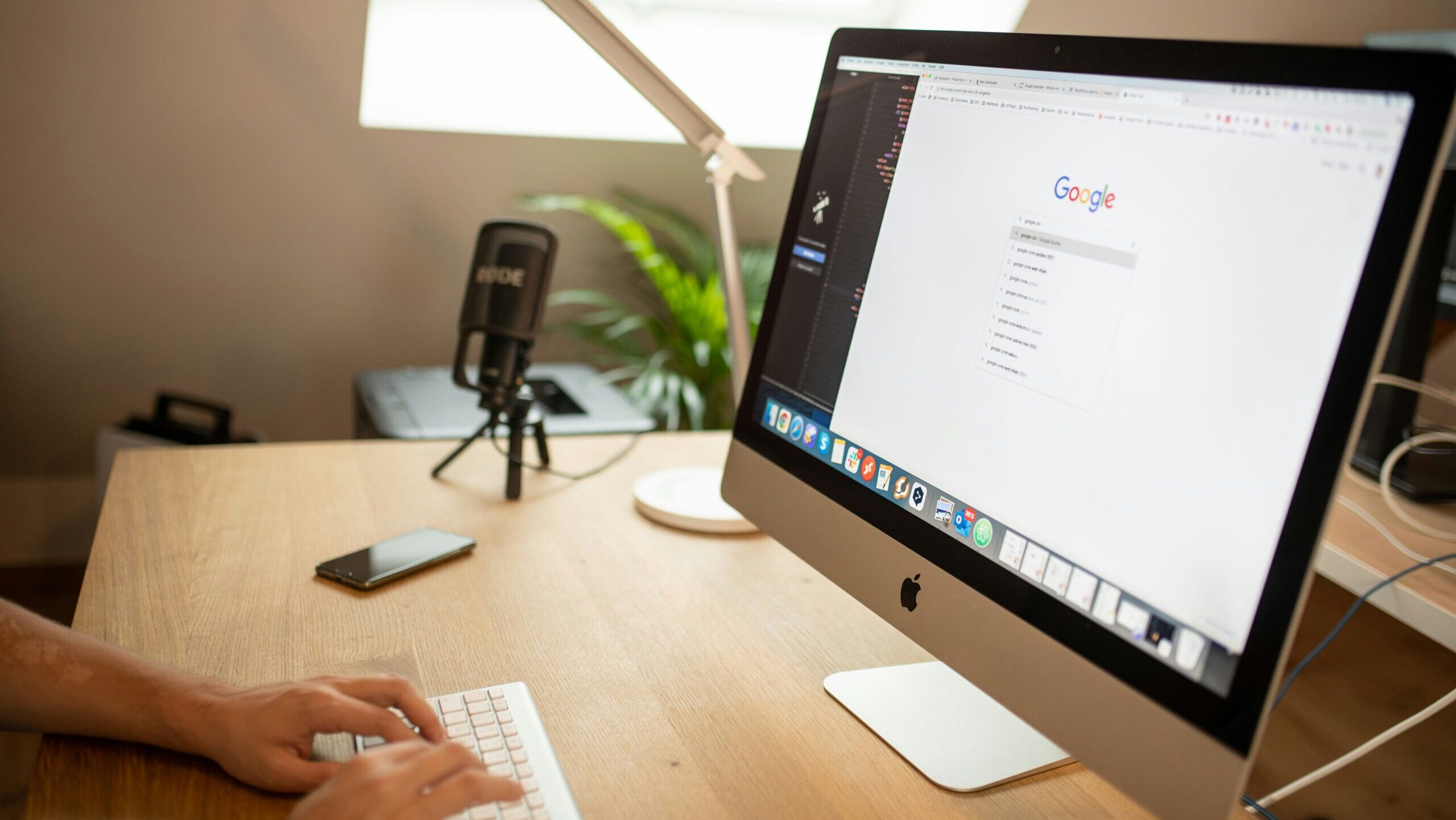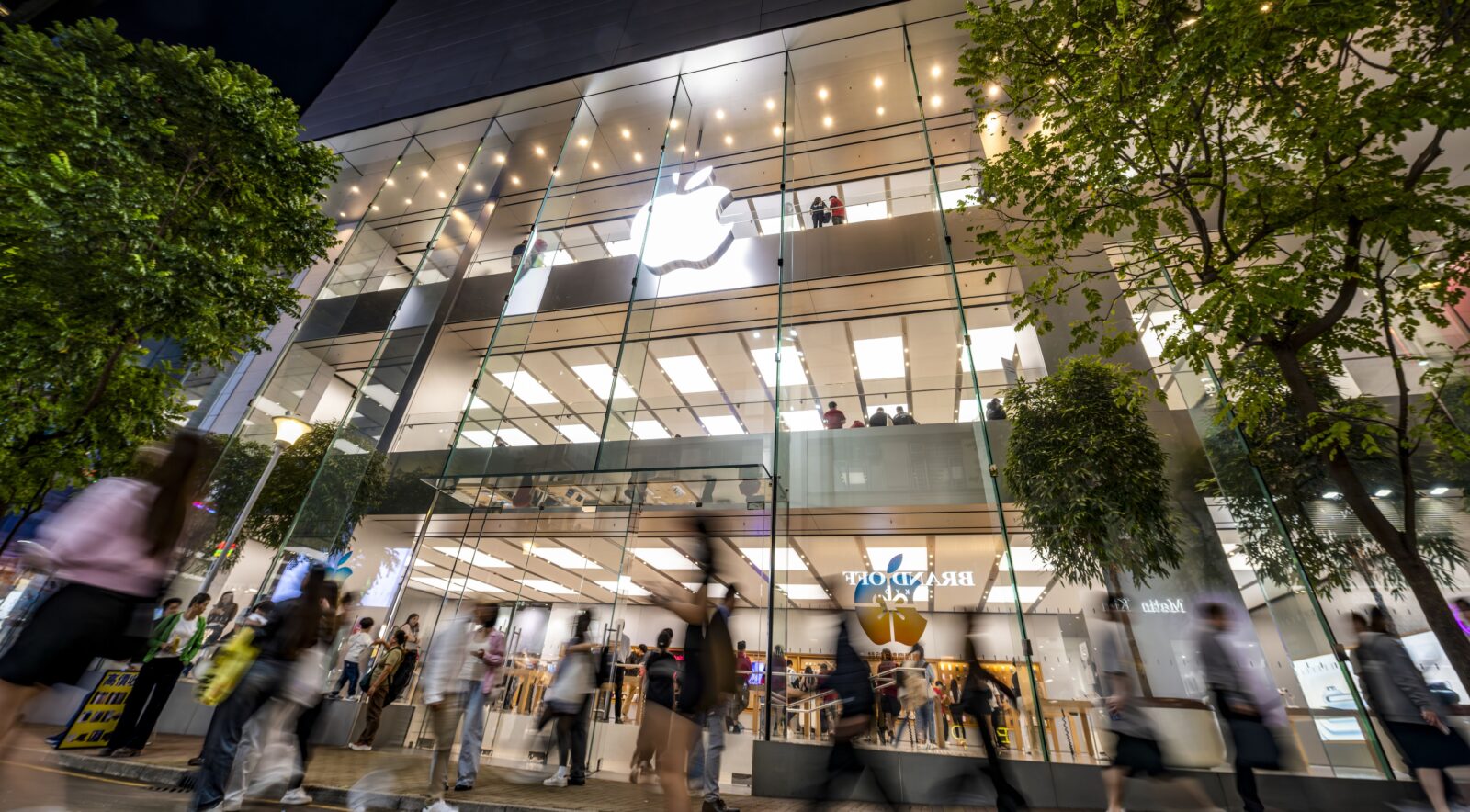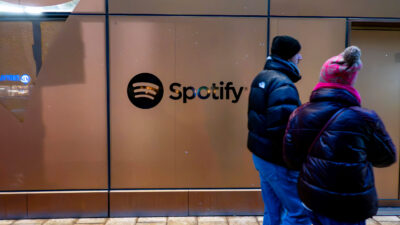Apple Hits the Jackpot as Google Ducks Antitrust KO
For a year now, Apple shareholders have feared the company would lose out on easy revenue from making Google its default search engine.

Sign up for smart news, insights, and analysis on the biggest financial stories of the day.
When it comes to Big Tech, a win for one may be a win for all. Exhibit A: Google and Apple.
Shares of the iPhone-maker jumped 3.8% on Wednesday after a federal judge late Tuesday announced a light-touch approach to remedies for Google’s illegal monopoly in the internet search industry. The ruling was a huge relief for Google, which feared a forced divestiture of its Chrome browser, as well as for Apple, which feared losing out on a $20 billion annual payday.
Open Relationship
To recap: Last year, antitrust enforcers at the US Department of Justice proved that Google held an illegal search monopoly, largely basing their argument on the billions of dollars the company pays to be the default search engine on third-party browsers and devices. For a year now, Apple shareholders have feared the ruling would eventually cost the company the easy revenue from its Google partnership. Instead, US District Judge Amit Mehta ruled Tuesday that the two companies will simply have to tweak the terms of their arrangement. Google can still pay to be the default search engine on Apple’s devices and Safari browser, but not the exclusive search engine.
While the ruling does open the door to a future deal where Google pays less than $20 billion annually to be Apple’s default-but-not-exclusive search provider, it may yet be just a speed bump for the two tech partners. Google parent Alphabet has vowed to continue appealing the case, meaning it could still be years before the company has to implement the remedies — if it ever has to do so at all.
A lot can change in the world of tech over just a couple of years, which is exactly why the remedy ruling came out on the lenient side of the spectrum in the first place:
- In the ruling, Judge Mehta wrote that allowing Google to continue such payments is “more palatable now” compared with earlier phases of the trial, thanks to a rise in generative AI that has made other companies “in a better position, both financially and technologically, to compete with Google than any traditional search company has been in decades.”
- The ruling also warned that barring such browser deals would unfairly deny a significant revenue stream to companies like Apple, without making much of a dent in Google’s overall user base.
Data Sharing is Caring: Google may have to make a larger concession as part of the ruling, however. According to the ruling, the company will be required to make available, at marginal cost, a snapshot of its search data to its competitors. Such data, theoretically, could help would-be competitors build a search engine capable of competing with Google’s, though Google doesn’t have to give up advertising data, which Udayan Bose, founder and CEO of digital growth marketing firm NetElixir, tells The Daily Upside “is where the real competitive leverage lies.” Apple is already working on building a Google competitor, anyhow. On Wednesday, Bloomberg reported that Apple is planning to launch its own AI-powered web search tool next year — one fueled in part by Google technology, thanks to a new partnership. They may no longer be exclusive, but their relationship seems as strong as ever.











